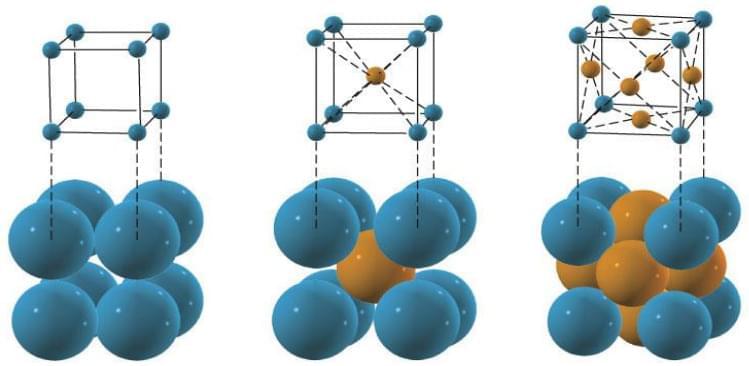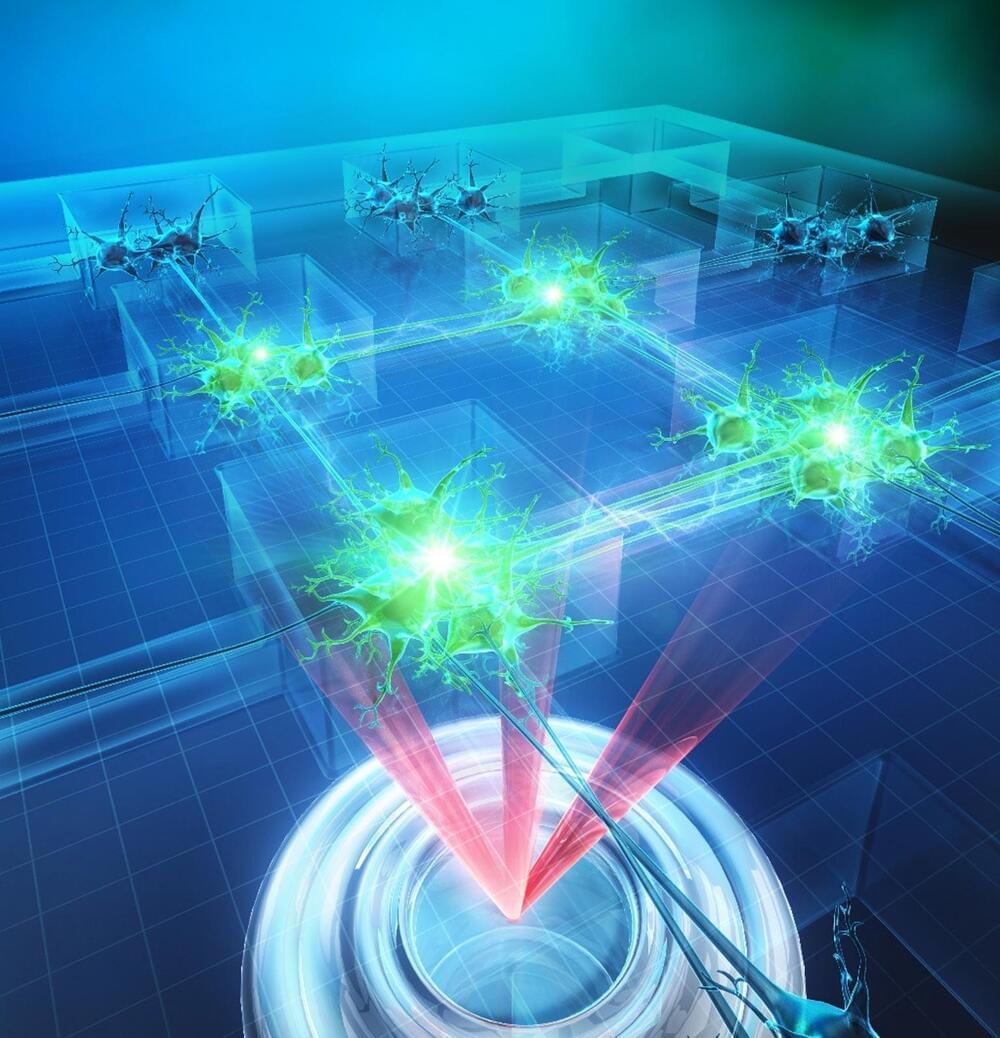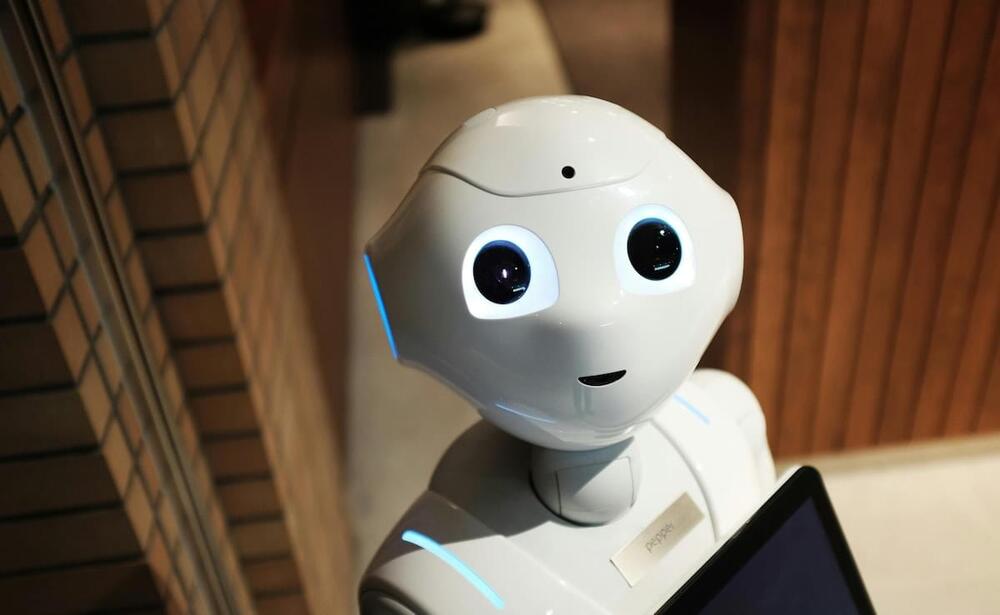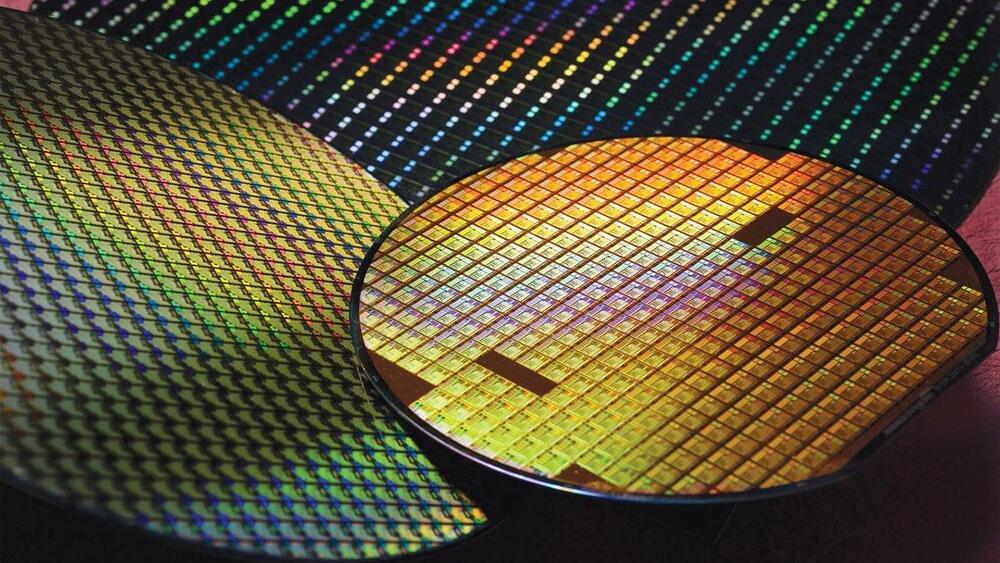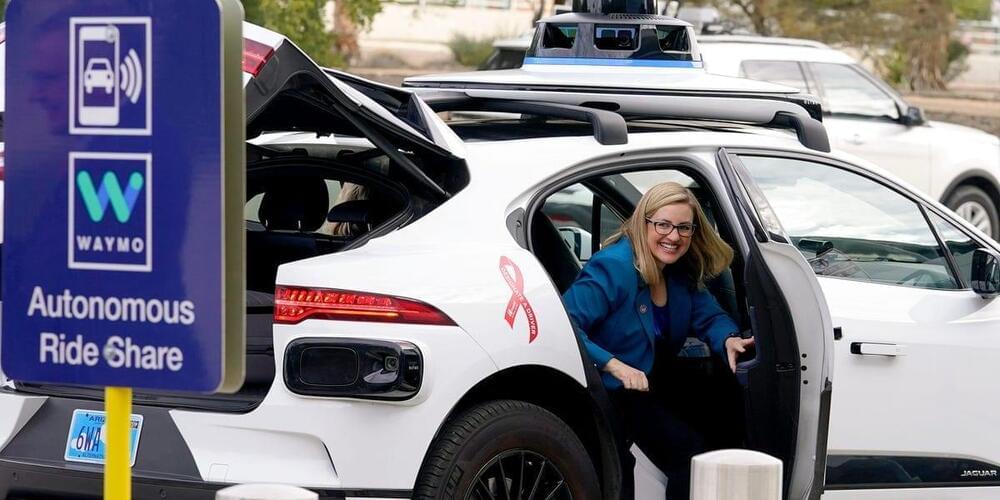All solids have a crystal structure that shows the spatial arrangement of atoms, ions or molecules in the lattice. These crystal structures are often determined by a method known as X-ray diffraction technique (XRD).
These crystal structures play an import role in determining many physical properties such as the electronic band structure, cleavage and explains many of their physical and chemical properties.
This article aims to discuss an approach to identify these structures by various machine learning and deep learning methods. It demonstrates how supervised machine learning and deep learning approaches and help in determining various crystal structures of solids.
